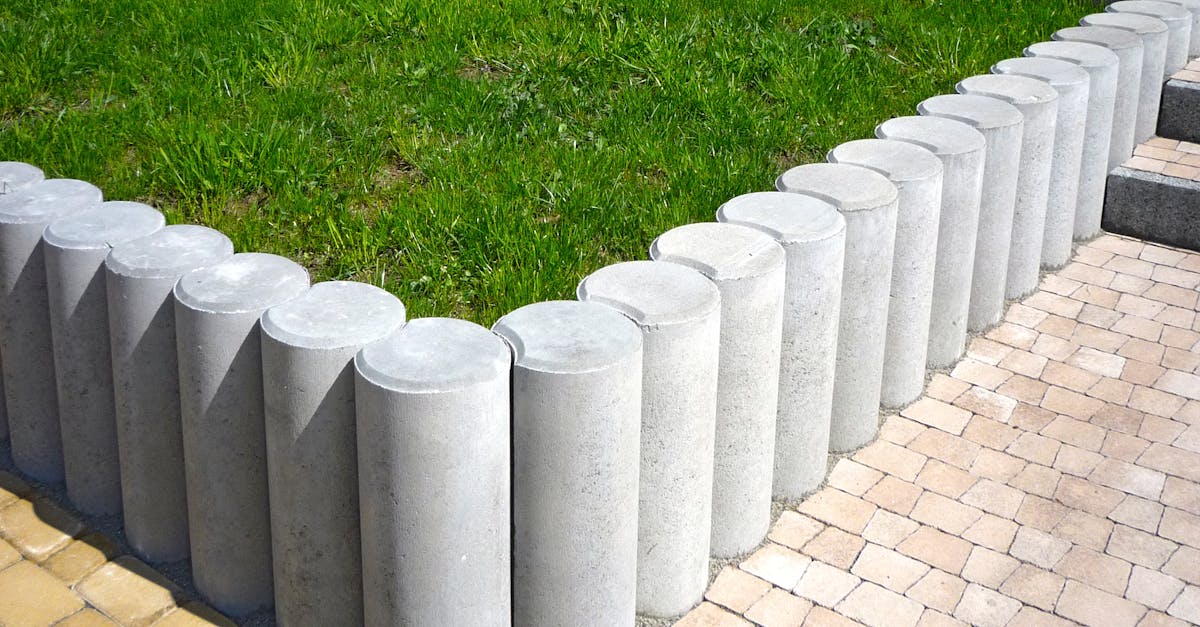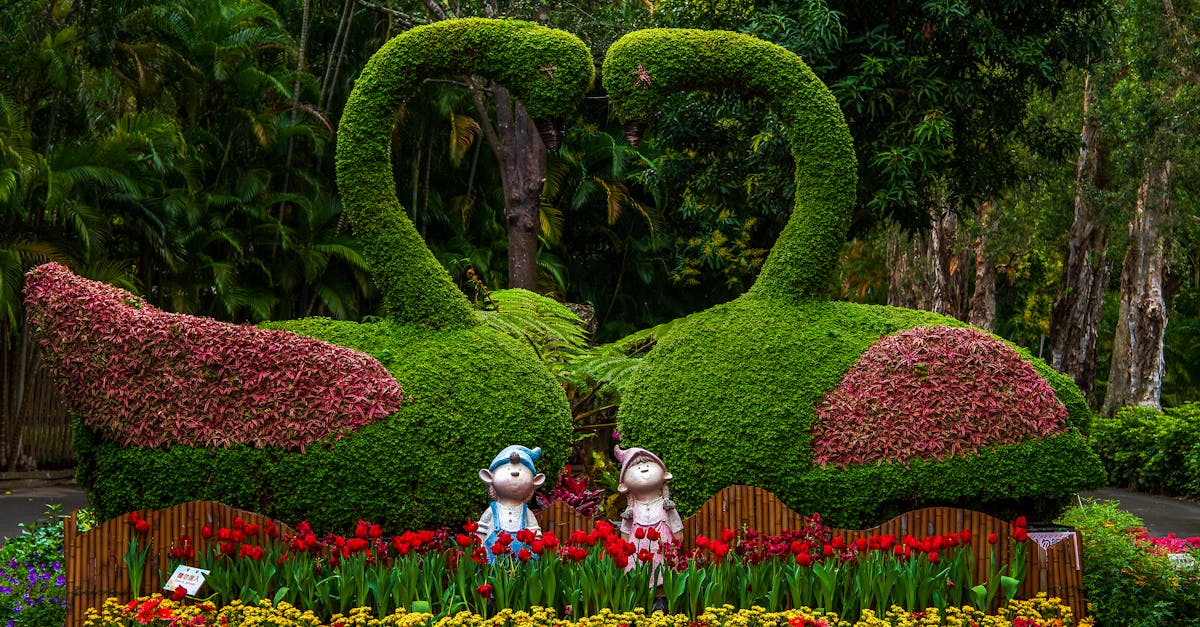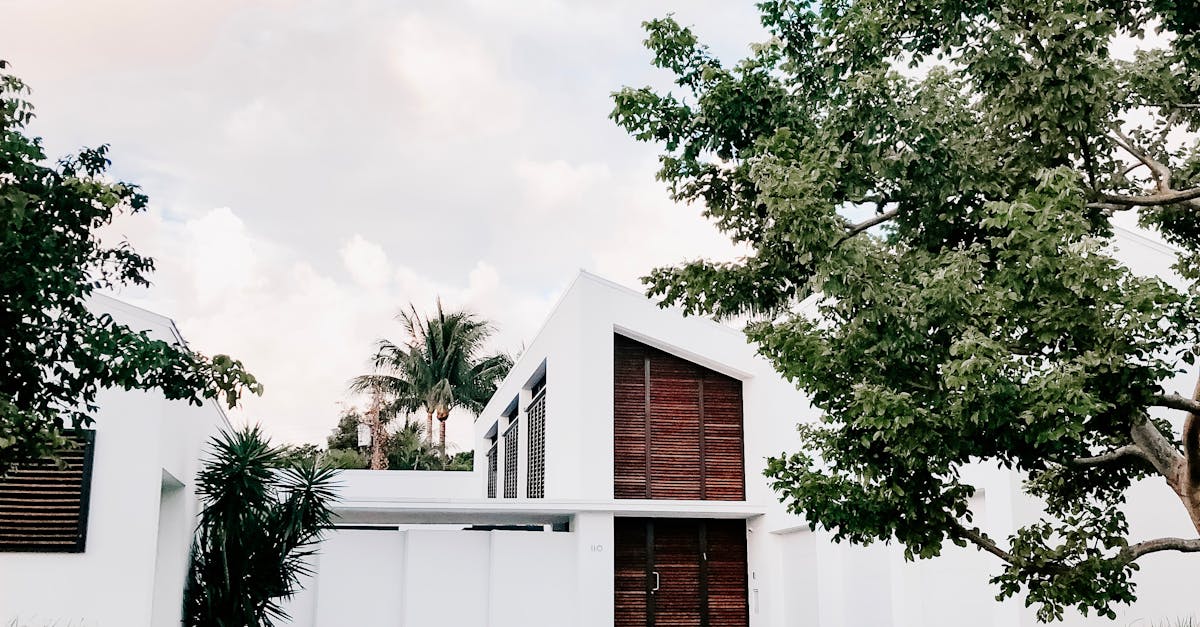
Table Of Contents
Mulching and Weed Control
Plant Installation in Ajax can greatly benefit from proper mulching and weed control practices. Mulching serves as a protective barrier around plants, helping to retain moisture, suppress weed growth, and regulate soil temperature. It also adds organic matter to the soil as it decomposes, enriching the plant's environment. When selecting mulch, opt for organic options such as shredded bark, straw, or compost, as they provide nutrients to the soil as they break down. Applying a layer of mulch around newly installed plants not only improves the aesthetic appeal but also supports their growth by reducing competition from weeds and conserving moisture.
Weed control is essential for maintaining the health and appearance of a newly installed plant landscape in Ajax. Regularly inspect the area for weed growth and promptly remove any unwanted vegetation to prevent it from competing with plants for nutrients and water. In addition to manual weeding, applying mulch around plants can effectively smother weeds and prevent their germination. Take care to not pile mulch directly against plant stems, as this can invite pests and diseases. By incorporating mulching and consistent weed control practices into plant installation in Ajax, you can establish a thriving and visually pleasing garden space.
Using Organic Mulch for Weed Suppression
Organic mulch serves as an effective tool for suppressing weeds around newly installed plants in Oshawa. By applying a thick layer of organic mulch around plant beds, gardeners can create a barrier that inhibits weed growth by blocking sunlight and air circulation to weed seeds. This natural method not only helps in weed suppression but also enriches the soil as the mulch breaks down, providing nutrients for the plants' healthy development.
When choosing organic mulch for weed suppression in Oshawa, opt for materials like shredded bark, straw, or compost. These types of mulch not only deter weed growth but also retain moisture in the soil, reducing the need for frequent watering during the hot summer months. By incorporating organic mulch into the planting process, gardeners can establish a low-maintenance landscape that promotes the overall well-being of newly installed plants.
Regular Maintenance and Plant Care
Plant Installation in Kleinburg requires regular maintenance and care to ensure the health and vitality of your greenery. One crucial aspect of plant maintenance is pruning and deadheading. By properly trimming back overgrown branches and removing spent blooms, you can promote healthy growth and encourage more prolific flowering. Regularly inspecting your plants for any signs of disease or damage is also essential in maintaining a vibrant garden.
In addition to pruning, providing adequate water and nutrients is essential for plant health. Understanding the specific requirements of each plant in your garden, such as sunlight exposure and soil type, will help you tailor your care routine accordingly. By providing optimal growing conditions, you can ensure that your plants thrive and remain resilient against environmental stressors.
Pruning and Deadheading for Healthy Growth
Pruning and deadheading are vital tasks to encourage healthy growth and blooming in plants. Removing dead or overgrown branches not only improves the overall appearance of the plant but also promotes new growth. Regular pruning helps maintain plant shape and structure, allowing for better airflow and sunlight penetration. When done correctly, it stimulates the production of new shoots and flowers, ensuring the plant thrives. In Barrie, proper pruning techniques are essential for the longevity and vitality of the greenery.
Deadheading, the act of removing spent flowers from plants, is equally important. This process prevents the plant from expending energy on seed production and encourages it to focus on producing more blooms. Deadheading also aids in maintaining a tidy and well-groomed appearance for your garden or landscape. As part of plant maintenance in Barrie, incorporating deadheading into your routine can enhance the visual appeal of your green spaces while supporting the plant's continuous growth and flowering cycles.
Dealing with Pests and Diseases
Dealing with pests and diseases is a crucial aspect of maintaining the health and vitality of your plants. In Plant Installation in Vaughan, it is important to regularly inspect your plants for any signs of infestation or disease. By catching these issues early on, you can prevent them from spreading and causing significant damage to your garden.
One effective method for dealing with pests is to encourage beneficial insects that prey on harmful ones. Ladybugs, lacewings, and predatory wasps are all examples of insects that can help keep pest populations in check. Additionally, practicing good hygiene in your garden by removing any diseased or damaged plant material can help prevent the spread of diseases. If pest infestations or diseases become severe, consider using natural remedies such as neem oil or insecticidal soap to address the problem in an environmentally friendly manner.
Identifying Common Plant Pests and Natural Remedies
Plant Installation in Whitby can sometimes attract common pests that can damage your precious plants. One common pest to watch out for is aphids, which are tiny insects that suck the sap out of plant leaves. To identify aphids, look for clusters of small, soft-bodied insects typically found on the underside of leaves. Signs of aphid infestation include distorted growth, yellowing leaves, and sticky honeydew residue on plants.
Another pesky pest that gardeners often encounter in Whitby is the spider mite. These minuscule pests feed on plant sap, causing stippling on leaves and leaving fine webbing on the plant. To spot spider mites, inspect the underside of leaves for small, moving dots and check for leaf discoloration. Combat these pests by regularly hosing down your plants to remove the mites and by introducing natural predators like ladybugs to keep their population in check.
FAQS
What is the importance of mulching when installing plants?
Mulching helps to suppress weeds, retain moisture, and regulate soil temperature, promoting healthy plant growth.
How often should plants be watered after installation?
Plants should be watered regularly, especially during the first few weeks after installation, to help them establish their root systems.
Is it necessary to fertilize newly installed plants?
It is recommended to wait a few weeks before fertilizing newly installed plants to allow them to acclimate to their new environment.
How can I prevent pests and diseases from affecting my newly installed plants?
Regularly inspecting plants for signs of pests and diseases, practicing good garden hygiene, and using natural remedies can help prevent infestations.
What should I do if my newly installed plants show signs of stress or wilting?
If your plants show signs of stress or wilting after installation, make sure they are receiving adequate water, sunlight, and nutrients, and consider adjusting their care accordingly.






